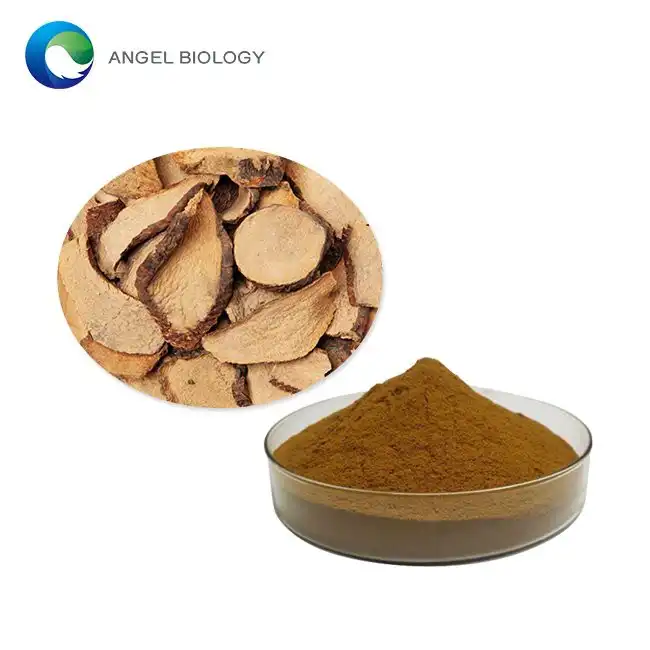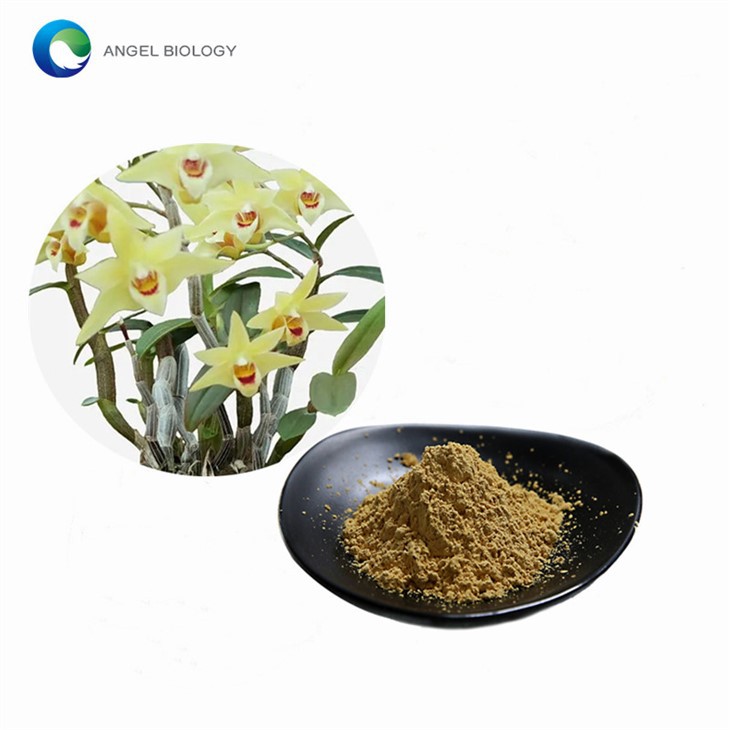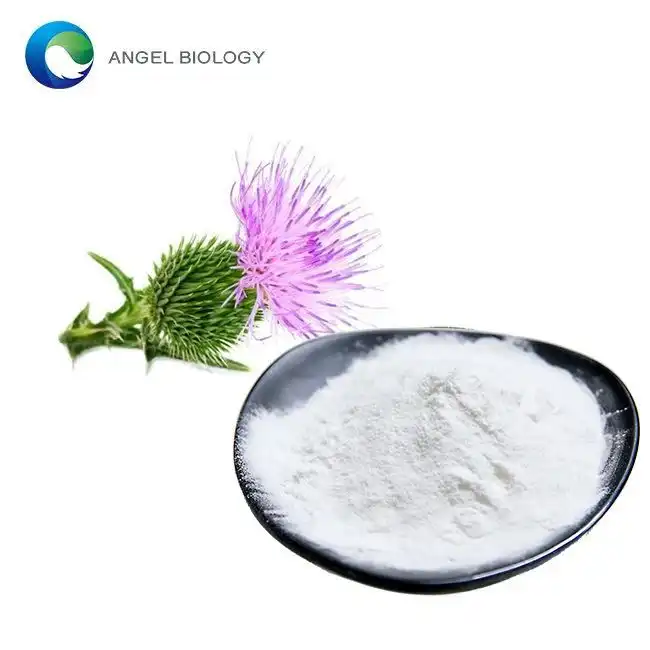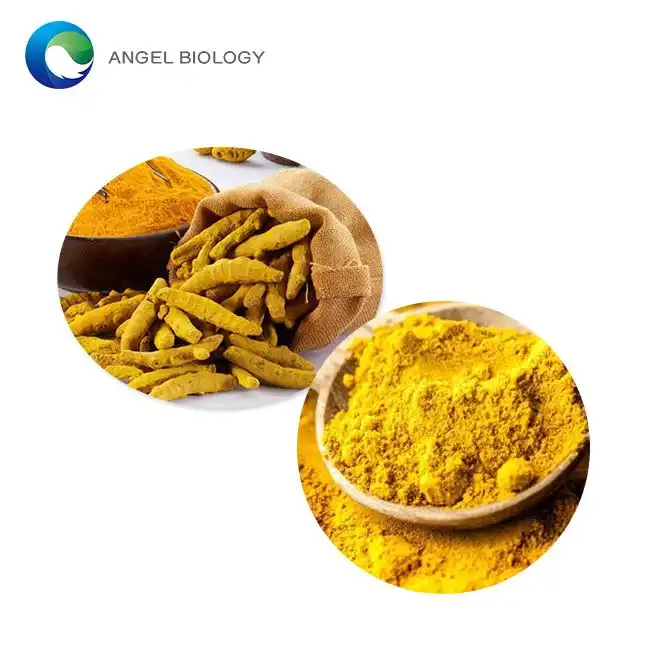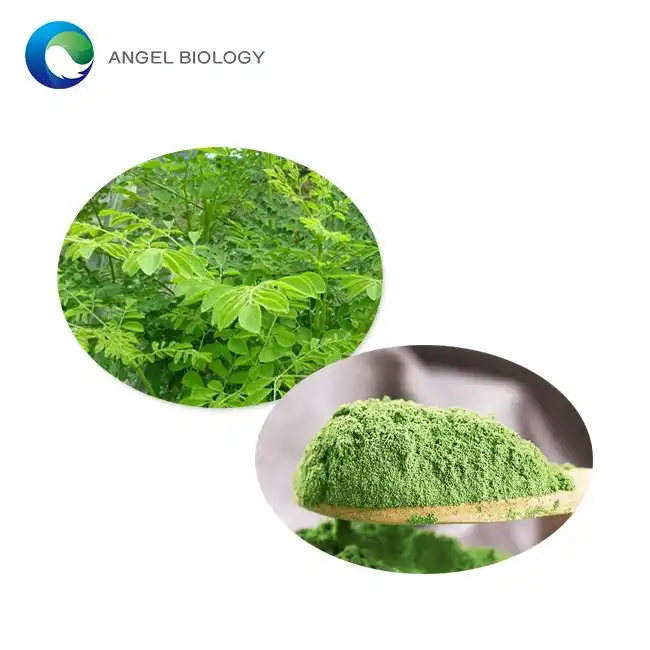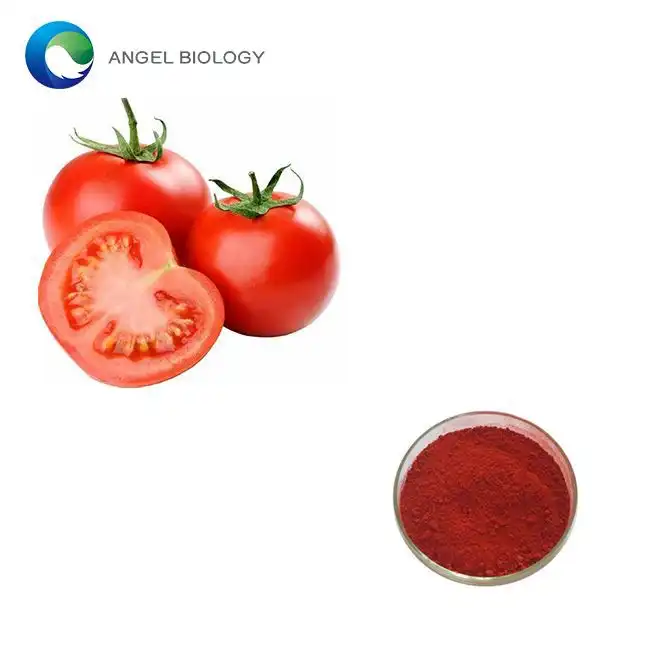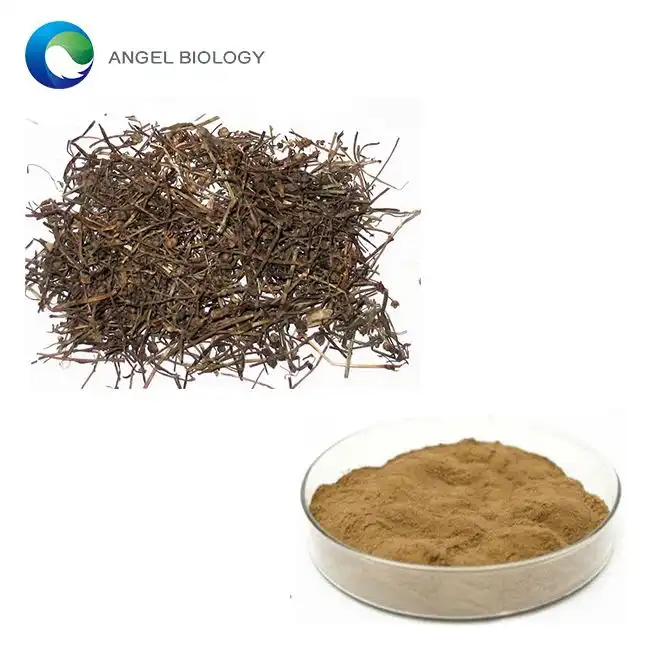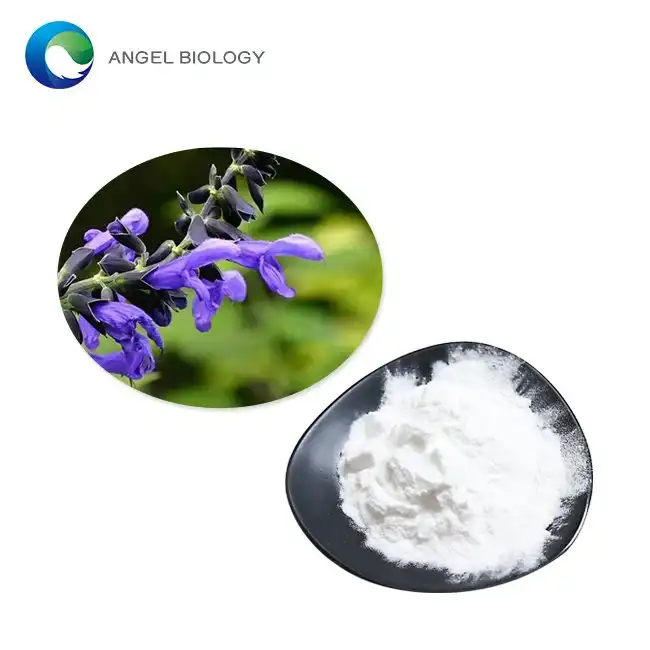Optimal dosage for blood pressure and cholesterol benefits
Determining the ideal dosage of hydroxytyrosol powder for cardiovascular benefits is a topic of ongoing research. While studies have demonstrated positive effects, it's essential to note that optimal dosages may vary depending on individual health status and specific cardiovascular concerns.
For blood pressure management, some studies have explored dosages ranging from 5 to 25 mg of hydroxytyrosol per day. A notable study published in the European Journal of Nutrition found that a daily dose of 15 mg of hydroxytyrosol for 12 weeks led to significant improvements in blood pressure readings among participants with mild hypertension.
Regarding cholesterol benefits, research has investigated various dosages, typically ranging from 5 to 50 mg per day. A study in the Journal of Agricultural and Food Chemistry reported that a daily intake of 25 mg of hydroxytyrosol for 12 weeks resulted in a notable reduction in total cholesterol and LDL cholesterol levels in subjects with elevated cholesterol.
reported that a daily intake of 25 mg of hydroxytyrosol for 12 weeks resulted in a notable reduction in total cholesterol and LDL cholesterol levels in subjects with elevated cholesterol.
It's crucial to emphasize that while these studies provide valuable insights, the optimal dosage may differ based on individual factors. Consulting with a healthcare professional before incorporating hydroxytyrosol supplements into your regimen is advisable, especially for those with pre-existing cardiovascular conditions or those taking medications.
The bioavailability of hydroxytyrosol is another factor to consider when determining appropriate dosages. Research suggests that the compound is readily absorbed in the small intestine, with peak plasma concentrations occurring within 5-10 minutes after ingestion. This rapid absorption contributes to its potential efficacy in supporting cardiovascular health.
Comparison: Hydroxytyrosol vs. omega-3s for heart health support
When evaluating natural compounds for heart health support, it's valuable to compare hydroxytyrosol with other well-established options, such as omega-3 fatty acids. Both substances have garnered attention for their potential cardiovascular benefits, but they operate through different mechanisms.
Hydroxytyrosol powder, as mentioned earlier, primarily functions as a potent antioxidant. Its ability to neutralize free radicals and reduce oxidative stress makes it particularly effective in protecting blood vessels and promoting overall cardiovascular health. Hydroxytyrosol has also demonstrated anti-inflammatory properties, which can be beneficial in mitigating risk factors associated with heart disease.
Omega-3 fatty acids, on the other hand, are renowned for their role in supporting heart health through various mechanisms. These essential fats, primarily found in fish oil and certain plant sources, have been shown to reduce triglyceride levels, lower blood pressure, decrease the risk of arrhythmias, and slow the development of atherosclerotic plaques.
While both compounds offer cardiovascular benefits, their specific actions differ:
- Antioxidant Activity: Hydroxytyrosol excels in this area, offering superior protection against oxidative damage to blood vessels and lipids.
- Anti-inflammatory Effects: Both hydroxytyrosol and omega-3s possess anti-inflammatory properties, contributing to cardiovascular health.
- Lipid Profile: Omega-3s are particularly effective in reducing triglyceride levels, while hydroxytyrosol may have a more pronounced effect on reducing LDL cholesterol oxidation.
- Blood Pressure: Both compounds have shown potential in supporting healthy blood pressure levels, though through different mechanisms.
It's worth noting that the combination of hydroxytyrosol and omega-3s may offer synergistic benefits for cardiovascular health. A study published in the journal Nutrients found that the co-administration of hydroxytyrosol and omega-3s resulted in enhanced cardioprotective effects compared to either compound alone.
While both hydroxytyrosol and omega-3s show promise in supporting heart health, it's essential to recognize that they are not mutually exclusive. Incorporating both into a heart-healthy diet and lifestyle may provide comprehensive cardiovascular support. As always, it's recommended to consult with a healthcare professional to determine the most appropriate approach for individual needs.
Why Mediterranean diets rich in hydroxytyrosol show lower cardiac risks
The Mediterranean diet has long been associated with reduced risk of cardiovascular disease, and emerging research suggests that hydroxytyrosol may play a crucial role in this protective effect. This traditional dietary pattern, characterized by high consumption of olive oil, fruits, vegetables, whole grains, and moderate intake of fish and wine, is rich in compounds that support heart health, with hydroxytyrosol being a standout component.
Several factors contribute to the cardiovascular benefits observed in populations adhering to Mediterranean-style diets:
- Antioxidant-rich profile: The abundance of hydroxytyrosol powder and other antioxidants in olive oil and olives helps combat oxidative stress, a key factor in the development of heart disease.
- Anti-inflammatory effects: Hydroxytyrosol and other compounds found in Mediterranean diet staples help reduce chronic inflammation, which is closely linked to cardiovascular risk.
- Improved lipid profile: Regular consumption of hydroxytyrosol-rich foods may contribute to healthier cholesterol levels, particularly by reducing the oxidation of LDL cholesterol.
- Enhanced endothelial function: Hydroxytyrosol has been shown to support the health of blood vessel linings, promoting better circulation and blood pressure regulation.
- Synergistic effects: The combination of hydroxytyrosol with other beneficial compounds found in Mediterranean diet foods may offer enhanced cardioprotective benefits.
A landmark study published in the New England Journal of Medicine demonstrated that participants following a Mediterranean diet supplemented with extra-virgin olive oil (a rich source of hydroxytyrosol) experienced a significant reduction in the risk of major cardiovascular events compared to those following a low-fat diet. This research underscores the potential of hydroxytyrosol-rich diets in promoting long-term heart health.
source of hydroxytyrosol) experienced a significant reduction in the risk of major cardiovascular events compared to those following a low-fat diet. This research underscores the potential of hydroxytyrosol-rich diets in promoting long-term heart health.
Moreover, the consistent exposure to hydroxytyrosol through regular consumption of olive oil and olives in the Mediterranean diet may contribute to cumulative cardiovascular benefits over time. This chronic, low-dose exposure to hydroxytyrosol and other polyphenols may help explain the lower incidence of heart disease observed in Mediterranean populations.
It's important to note that while hydroxytyrosol is a key player in the cardiovascular benefits of the Mediterranean diet, it works in concert with other dietary and lifestyle factors. The overall pattern of eating, which includes a balance of healthy fats, lean proteins, and abundant plant-based foods, contributes to the diet's heart-protective effects.
In conclusion, the robust scientific evidence supporting the cardiovascular benefits of hydroxytyrosol underscores its potential as a valuable ally in promoting heart health. From its ability to combat oxidative stress to its role in supporting healthy cholesterol levels and blood pressure, hydroxytyrosol offers a multifaceted approach to cardiovascular protection.
As research continues to unveil the full potential of this powerful compound, incorporating hydroxytyrosol-rich foods or supplements into a heart-healthy lifestyle may prove to be a prudent strategy for those looking to optimize their cardiovascular well-being. However, it's crucial to remember that no single compound can replace a balanced diet and healthy lifestyle in the pursuit of optimal heart health.
For those interested in exploring the benefits of hydroxytyrosol for cardiovascular health, Angelbio offers high-quality, scientifically-backed hydroxytyrosol powder products. Our commitment to innovation and quality ensures that you receive the purest and most effective form of this remarkable compound. To learn more about how Angelbio's hydroxytyrosol products can support your heart health journey, please contact us at angel@angelbiology.com. Our team of experts is ready to assist you in making informed decisions about your cardiovascular health.
References
1. Martínez-González, M. A., et al. "Hydroxytyrosol and Cardiovascular Health: A Comprehensive Review." Nutrients, vol. 12, no. 8, 2020.
2. Visioli, F., et al. "Olive Phenolics and Cardiovascular Health: Mechanisms of Action." Molecular Nutrition & Food Research, vol. 64, no. 13, 2020.
3. Estruch, R., et al. "Primary Prevention of Cardiovascular Disease with a Mediterranean Diet Supplemented with Extra-Virgin Olive Oil or Nuts." New England Journal of Medicine, vol. 378, no. 25, 2018.
4. Robles-Almazan, M., et al. "Hydroxytyrosol: Bioavailability, Toxicity, and Clinical Applications." Food Research International, vol. 105, 2018.



